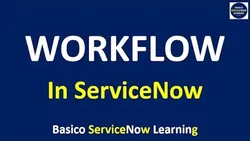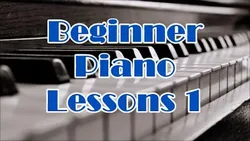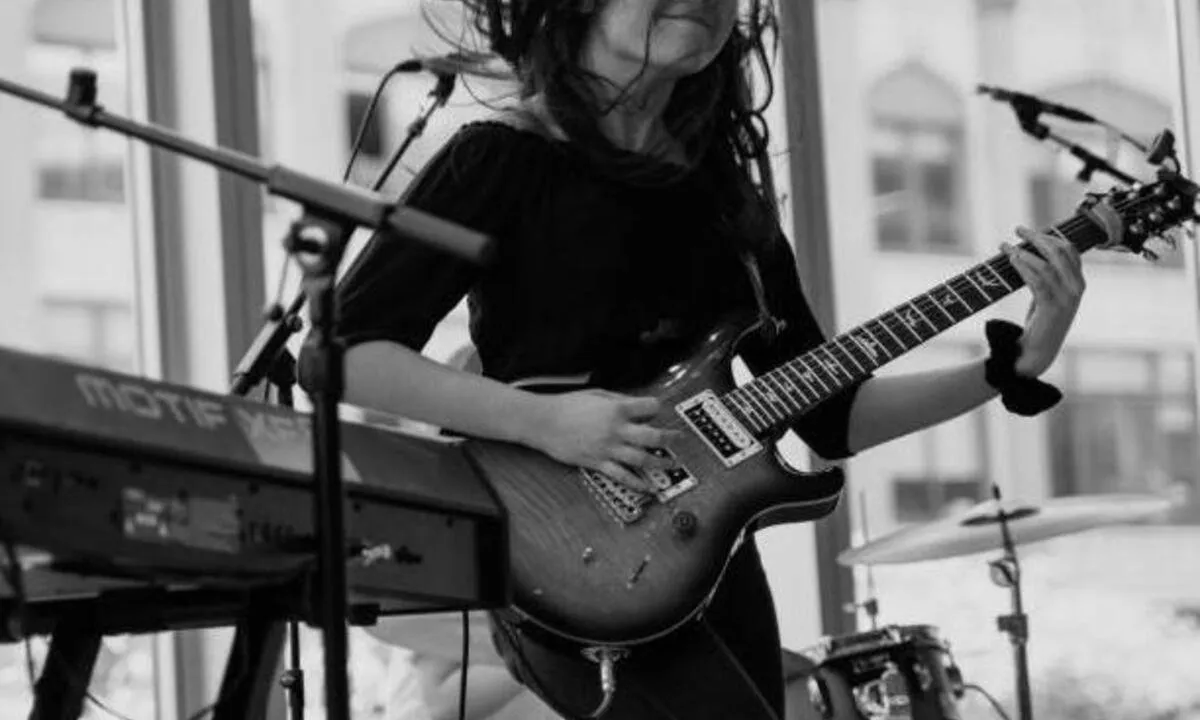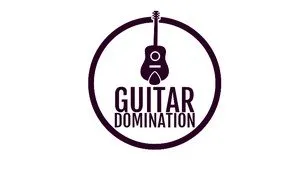
Piano II: Focus on Reading 
Discover the fundamentals of Piano II: Focus on Reading ▼
ADVERTISEMENT
Course Feature
![]() Cost:
Cost:
Free
![]() Provider:
Provider:
Kadenze
![]() Certificate:
Certificate:
Paid Certification
![]() Language:
Language:
English
![]() Start Date:
Start Date:
On-Demand
Course Overview
❗The content presented here is sourced directly from Kadenze platform. For comprehensive course details, including enrollment information, simply click on the 'Go to class' link on our website.
Updated in [May 19th, 2023]
Piano II: Focus on Reading is a six-session course designed to help students expand their knowledge of piano technique, repertoire and musical concepts. The course is taught by an experienced instructor who provides video lectures, piano practice assignments and graded assignments.
In the first session, students will learn about eighth notes, treble C pentascales, G pentascales, sharps and flats and intervals of 4ths, 5ths and 6ths. The instructor will provide video lectures and practice assignments to help students understand and apply these concepts.
In the second session, students will take a quiz about music terms, theory and/or ear training. This quiz will be graded and will help the instructor assess the student’s understanding of the material.
In the third session, students will be assessed on their piano technique and repertoire. The instructor will provide a video assessment of the student’s performance.
In the fourth session, students will complete two concert reviews. These reviews will be graded and will help the instructor assess the student’s understanding of the material.
In the fifth session, students will take a final exam in which they will perform a memorized piece of music of the instructor’s choice for an audience. This exam will be graded and will help the instructor assess the student’s understanding of the material.
At the end of the course, students will have a better understanding of piano technique, repertoire and musical concepts. They will also have the skills to perform a memorized piece of music for an audience.
[Applications]
The application of this course is to help students further develop their piano technique, repertoire, and musical concepts. After completing this course, students should be able to read music more fluently, understand music theory and ear training, and be able to perform a memorized piece of music for an audience. Additionally, students should be able to write two concert reviews and have a better understanding of music terms.
[Career Paths]
1. Piano Teacher: Piano teachers provide instruction to students of all ages and skill levels. They teach students how to read music, play scales, and develop their technique. They also help students develop their musicality and interpretive skills. As technology advances, piano teachers are increasingly incorporating digital tools into their lessons.
2. Music Therapist: Music therapists use music to help people of all ages and backgrounds improve their physical, emotional, and mental health. They use music to help people with disabilities, mental health issues, and physical ailments. Music therapists must have a degree in music therapy and be certified by the American Music Therapy Association.
3. Music Producer: Music producers are responsible for creating and recording music. They work with artists to create the sound they want for their music. Music producers must have a good understanding of music theory, technology, and the music industry. As technology advances, music producers are increasingly incorporating digital tools into their work.
4. Music Composer: Music composers create original music for a variety of purposes, including film, television, video games, and commercials. They must have a good understanding of music theory and composition. As technology advances, music composers are increasingly incorporating digital tools into their work.
[Education Paths]
1. Bachelor of Music: A Bachelor of Music degree is a great option for those looking to pursue a career in music. This degree typically requires four years of study and focuses on music theory, composition, performance, and music history. It also provides students with the opportunity to specialize in a particular area of music, such as jazz, classical, or popular music. Developing trends in this degree path include the incorporation of technology into music education, as well as the use of digital tools to create and record music.
2. Master of Music: A Master of Music degree is a great option for those looking to further their music education and specialize in a particular area of music. This degree typically requires two years of study and focuses on advanced music theory, composition, performance, and music history. Developing trends in this degree path include the use of technology to create and record music, as well as the use of digital tools to teach music.
3. Doctor of Musical Arts: A Doctor of Musical Arts degree is a great option for those looking to pursue a career in music education or performance. This degree typically requires three to five years of study and focuses on advanced music theory, composition, performance, and music history. Developing trends in this degree path include the use of technology to create and record music, as well as the use of digital tools to teach music.
4. Music Education: A degree in Music Education is a great option for those looking to pursue a career in music education. This degree typically requires four years of study and focuses on music theory, composition, performance, and music history. It also provides students with the opportunity to specialize in a particular area of music, such as jazz, classical, or popular music. Developing trends in this degree path include the incorporation of technology into music education, as well as the use of digital tools to create and record music.
Course Provider

Provider Kadenze's Stats at AZClass
Discussion and Reviews
0.0 (Based on 0 reviews)
Explore Similar Online Courses

Agricultural Economics - Online Course - FutureLearn

ServiceNow Development and Administration Training Videos

Python for Informatics: Exploring Information

Social Network Analysis

Introduction to Systematic Review and Meta-Analysis

The Analytics Edge

DCO042 - Python For Informatics

Causal Diagrams: Draw Your Assumptions Before Your Conclusions

Whole genome sequencing of bacterial genomes - tools and applications

Piano Lessons For Beginners Series - How To Play Piano

Guitar Performance Techniques

A beginner`s guide to fingerpicking and strumming guitar"
 Related Categories
Related Categories
Quiz
 Submitted Sucessfully
Submitted Sucessfully
1. What is the main focus of Piano II: Focus on Reading?
2. What type of graded assignments are included in the course?
3. What type of intervals are covered in the course?
4. What is the final exam in Piano II: Focus on Reading?
Correct Answer: The student will perform a memorized piece of music of the Instructor’s choice for an audience.


Start your review of Piano II: Focus on Reading